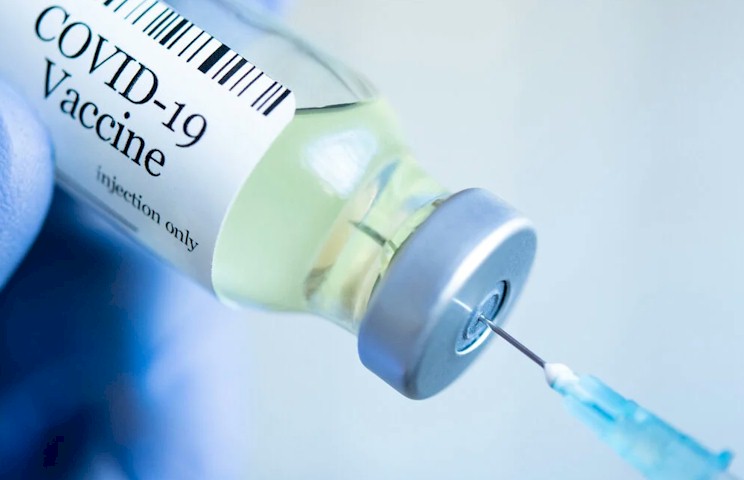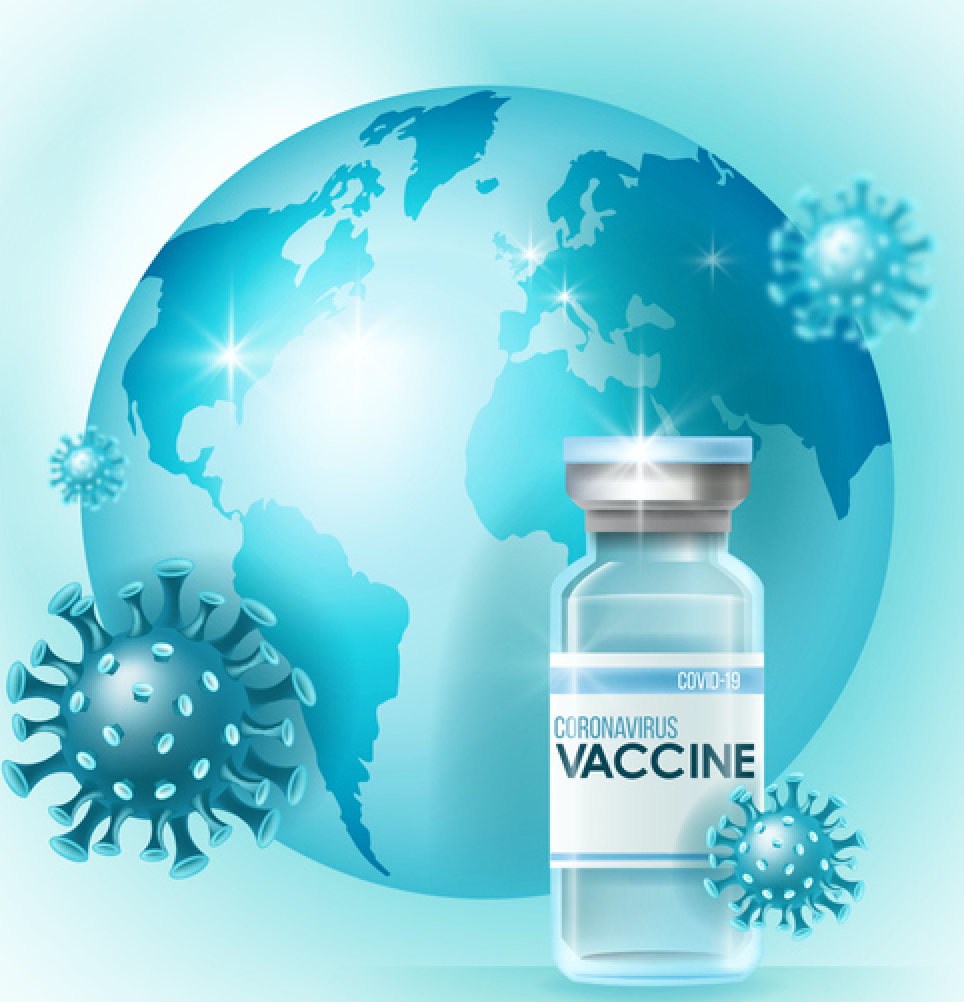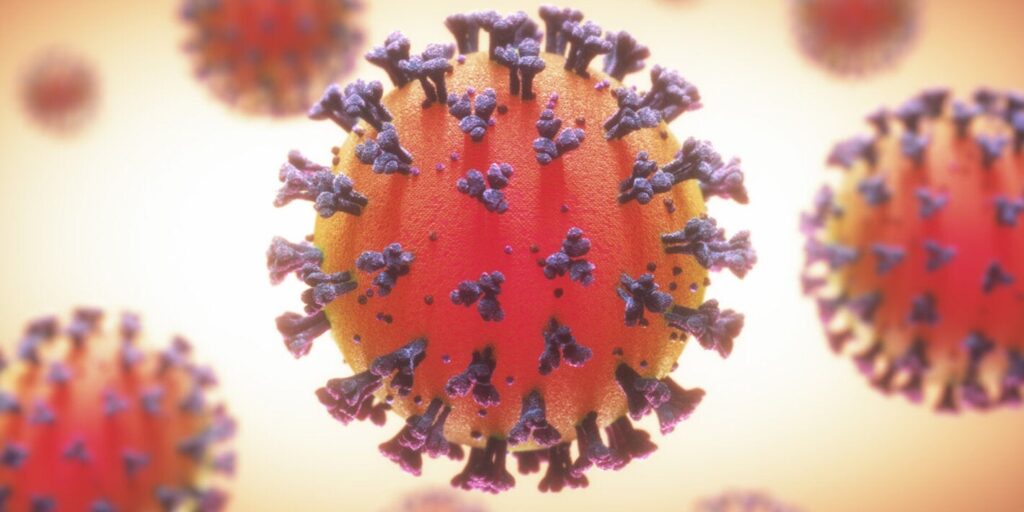Covid-19 Vaccine Comparison of 4 Products


Here is a comparison of 4 Covid-19 Vaccines
Europe is administering four vaccines to prevent severe forms of Covid-19. Pfizer-BioNTech, Moderna, AstraZeneca (Vaxzevria) and Johnson&Johnson (Janssen). Therefore, we have compared them.
- What are the names of Covid-19 vaccines?
- What is the mode of action of vaccines?
- There are two types of vaccines:
- Which technologies?
- How effective are they?
- Effective on what exactly?
- What delay between doses?
- What are the side effects?
To clarify, the European Medicines Agency has authorized four vaccines for people in European countries. These are Pfizer-BioNTech, Moderna, AstraZeneca (Vaxzevria) and Johnson&Johnson (Janssen). Nevertheless, evaluation on others is going on: Sputnik V vaccine (Russia), CureVac vaccine (Germany), Sanofi-GSK vaccine, Novavax vaccine and CoronaVac (by Sinovac).
What are the names of Covid-19 vaccines?
Europe has authorized four vaccines :
- The vaccine of Pfizer-BioNTech : COMIRNATY®.
- The Vaccine of Moderna : Moderna COVID-19 mRNA ou COVID-19 Vaccine Moderna.
- The Vaccine of AstraZeneca : Vaxzevria (ex-COVID-19 Vaccine AstraZeneca) (for the manufacturer: AZD1222 ou ChAdOx1 nCoV-19).
- The vaccine of Johnson&Johnson : Vaccine COVID-19 Janssen.
What is the mode of action of vaccines?
To sum up, the vaccines use different modalities of action. But all target the Spike protein of the Sars-CoV-2 virus, which allows the cellular penetration of the virus. Of course, vaccination enables the activation of the immune system. The germ that enters a vaccinated person’s body will come up against his immune system prepared to receive it.
There are two types of vaccines:
- Firstly, “Sterilizing” vaccine that can interrupt the transmission of the virus.
- Secondly, Protective vaccine against the disease but does not prevent the transmission of infection: vaccination could then be targeted on specific populations.
Which technologies?
Vaccines developed against COVID-19 use different technologies:
Covid-19 Vaccine from attenuated or inactivated viruses: vaccine containing infectious agents killed but capable of responding to the immune system. But, this type of vaccine requires large amounts of viruses.
Covid-19 Vaccine from viral proteins: The coronavirus has on its surface spikes “spicules”. “Spicules” allow it to come into contact with the cells it will infect. But, These spikes are viral proteins that have been isolated in the laboratory. Thus, they can be manufactured and injected to make the immune system react to these foreign molecules.
Covid-19 Vaccine from DNA or Viral mRNA (Pfizer / Moderna): A genetic sequence of the virus (DNA or mRNA) is injected and enters inside the human cell. Consequently, this will use it to produce the associated viral protein that will react the immune system.
Covid-19 Vaccine from viral vectors (AstraZeneca / Johnson & Johnson): a specialized attenuated virus (= vector) is used to convey the elements necessary for the future protection (the protein (s) of interest and/or its sequence ( s) Genetic (s)) to our cells and thus expose them to our immune system.
How effective are Covid-19 Vaccines?
Still, only the long term can demonstrate the effectiveness of a Covid-19 Vaccine. It is necessary to expose both vaccinated and unvaccinated individuals to the virus in a risk area. So, this to demonstrate that the virus affects vaccinated population less than the unvaccinated population. However, this necessarily requires a long time. Today, specialists agree that it takes at least six months to analyze the antibody level of vaccinated people. Of course, this analyze is a guarantee of their protection.
| Vaccine Corminaty® (Pfzer-BioNTech) | Vaccin e mRNA Moderna | Vaccine AZD1222 AstraZeneca | Vaccine Janssen (Johnson&Johnson) | |
|---|---|---|---|---|
| Overall efficacy rate revealed in Phase 3 clinical trials | 95% | 90% | 60-70% | 67% |
Covid-19 Vaccine: Effective on what exactly?
The results of clinical studies of Covid-19 Vaccine candidates seem to converge to demonstrate the main fact. vaccination massively reduces mortality from the virus and its severe forms. Therefore, the effectiveness of the vaccine sought today is the protection of the risk of severe forms. However, we do not know whether it can protect against the transmission of the virus.
What delay between doses?
Specifically, Covid-19 vaccines are administered in two doses:
- 42 days for Pfizer-BioNTech vaccine.
- 42 days for Moderna vaccine.
- 9 to 12 weeks for AstraZeneca vaccine
- no delay for Janssen vaccine as it is administered in a single dose.
Specifically, One dose of Covid-19 Vaccine for those who got the Covid:
This is for people who the Covid-19 has already contaminated of course. The specialists recommend waiting a minimum of 3 months before being vaccinated. Or even “getting closer to 6 months and using only one dose of vaccine in this case.
3rd dose of Covid-19 Vaccine
Severely immunocompromised individuals may require the third dose of mRNA vaccine. Indeed, this third injection should be given at least four weeks after the second dose or as soon as possible for people who have already exceeded this time.
Briefly, what are the side effects?
Very common side effects of Covid-19 Vaccine: may occur in more than 1 in 10 people.
- injection site: pain, swelling
- fatigue
- headaches
- muscle aches
- joint pains
- chills, fever
Common side effects of Covid-19 Vaccin: may occur in 1 to 10 in 100 people.
- redness at the injection site
- nausea
Uncommon side effects of Covid-19 Vaccine: may occur in 1 to 10 people in 1,000.
- swollen lymph nodes
- uncomfortable feeling
- pain in the limbs
- insomnia
Rare side effects of Covid-19 Vaccine: may occur in 1 to 10 people in 10,000.
- sudden and temporary paralysis of the muscles on one side of the face leading to sagging
Adverse reactions of unknown frequency effects of Covid-19 Vaccine (Currently, no estimation based on available data)
- severe allergic reaction
Finally, like any medication, a vaccine can have side effects.

If you want to buy from Turkey products to prevent Covid-19 , please visit our Turkish Health&Medical Industry category.


